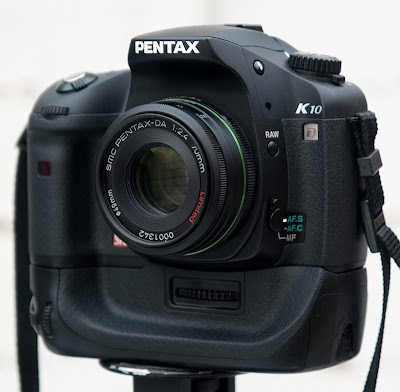In response to Ctein's post, "Customer Support, Take 2," below, Player commented "Okay, I give up. How come no one called? Seriously."
This is pure speculation, but over the years I've noticed that people have a tendency to blame themselves when something goes wrong with products. I've said before that I think that's how personal computers have made it this far as consumer products...for most of their history, computers have been very balky, buggy, complicated products, and very unreliable. The only reason people put up with them was a persistent tendency for each customer to place the primary blame for problems not on the product, not on the manufacturer, but on him- or herself. The reaction is easy to understand from a psycho-perceptual standpoint—nobody is perfectly expert in the use of personal computers—even computer professionals. And since we know we're not experts, ergo it's easy to blame problems on our own lack of expertise.
Something is wrong =
we must have screwed up, somehow.
There's got to be a name for this in marketing theory, but I wouldn't know what it is.
Over the years I've encountered many situations in photography in which relatively simple claims went unchallenged. In many of those cases it took an experienced researcher to simply say, "wait a minute, is this true?" and design an experiment to find out. I'll give you one example. For many years, Zone VI studios touted its print washers as being superior to others because they drained from the bottom, and "fixer is heavier than water, so it sinks to the bottom of the tank." This was repeated as "conventional wisdom" so frequently, and in so many places, that I asked
PHOTO Techniques magazine's resident photochemistry expert, Bob Chapman, to put the silly myth to rest. Among Bob's array of commonsense proofs of the nonsense of the proposition was simply that if you put half fixer and half water in a jar and shook it up, then let it sit on a shelf for a year, the fixer would not come out of solution with the water and "sink to the bottom." So I promptly did just as he suggested. As luck would have it, our company had a chemistry lab as one of its divisions. After the jar had sat on the shelf for a year, more or less, I asked one of the chemists to sample the solution at the top of the jar and at the bottom. The concentration of fixer was the same in both places. Obviously, if fixer can't "sink to the bottom" of a still jar in a year's time, it's not going to "sink to the bottom" in a turbulent print washer. (A coda to this story is the amusing—and maddening—fact that some of our readers
still refused to believe that fixer doesn't sink in the print washer. One photographer told me he still thought the old myth had to be true because he had just "read it in too many places" for it not to be.
Argh! If you want to read more about our innate tendencies to error, I can recommend two excellent and very readable layman's books on the topic—
Don't Believe Everything You Think: The 6 Basic Mistakes We Make in Thinking
, by Thomas E. Kida, and
A Mind of its Own: How Your Brain Distorts and Deceives
, by Cordelia Fine. Both recommendations satisfy the Pinker Rule.*)
But who, exactly, is most likely to test such a claim? Probably not casual home darkroom workers. I'm assuming that most photographers, if a particular batch of developer wasn't working, would simply presume it was operator error somehow and throw the batch out. It would take a relatively confident, informed individual to test the hypothesis that the developer was bad as it came packaged from the factory. To name one trivial experimental difficulty, the individual would need to have a second packet of the same batch of developer on hand, so they could mix it up again and insure that no stupid mistakes had been made in mixing up the first batch.
Absent such careful testing for confirmation, I can understand that people would be reluctant to complain—they just didn't think that manufacturer error was a viable explanation, let alone the most likely one.
Posted by: MIKE JOHNSTON*
My brother and I have a rule between ourselves, named for author Stephen Pinker, that we're not allowed to recommend a book until we've actually finished reading it.


















